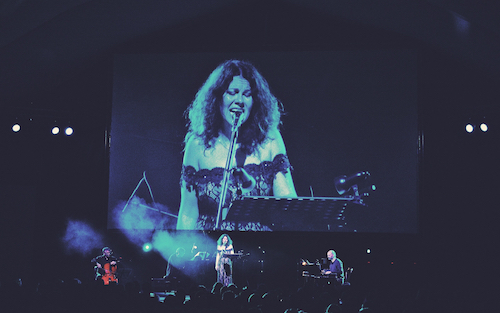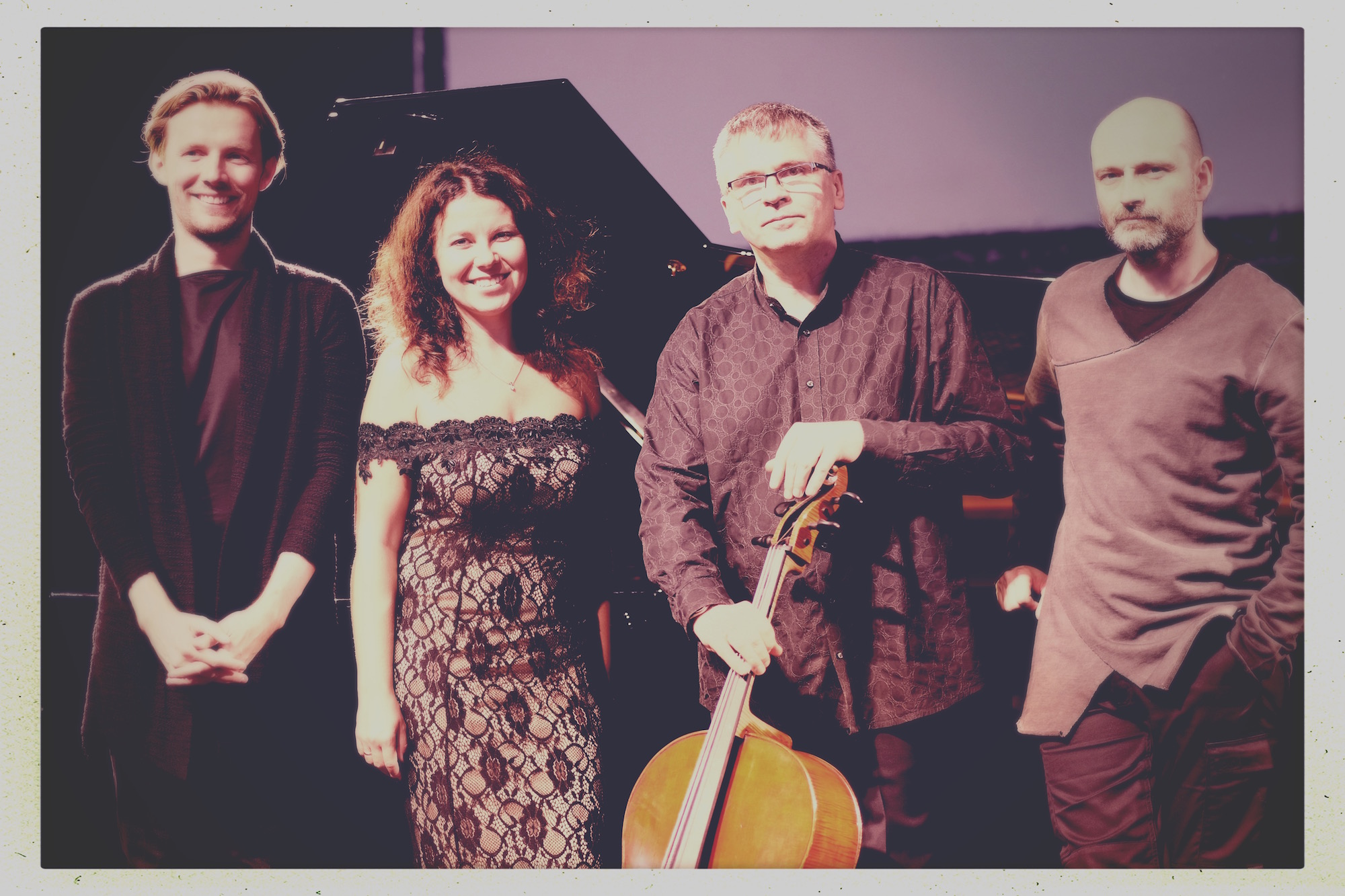
arrangement of Songs of
ZYGMUNTA KONIECZNEGO
Agata Zubel
voice
Bartek Wąsik
piano
Cezary Duchnowski
electronics
Andrzej Bauer
cello
Grande Valse Brillante(sł. Julian Tuwim)
|
Groszki i róże(sł. J.Kacper, H.Rostworowski)
|
Tomaszów(sł. Julian Tuwim)
|
Deszcze(sł. Krzysztof Kamil Baczyński)
|
Pocałunki(sł. Maria Pawlikowska-Jasnorzewska)
|
Oczy tej małej(sł. Agnieszka Osiecka)
|
Taki pejzaż(sł. Andrzej Szmidt)
|
Przychodzimy, odchodzimy(sł. J.Jęczmyk)
|
Ta nasza młodość(sł. Tadeusz Śliwiak)
|
Czarne Anioły(sł. Wiesław Dymny)
|
Karuzela z Madonnami(sł. Miron Białoszewski)
|
Ktokolwiek(sł. Kazimierz Wierzyński)
|
Premiere:
9 VII 2015
J.Waldorff Festival, Radziejowice
Premiere of the orchestra version:
22 I 2017
NOSPR, Katowice
Polish National Radio Symphony Orchestra
Paweł Przytocki – conductor
“This simply had to work. First and foremost, the singer Agata Zubel has repeatedly proved that she can perform every repertoire to the highest standard – from Mozart to Berio to Mykietyn, from cantata to popular song. […] Secondly, the instrumentalists. […] Andrzej Bauer – a cellist willing to face up to every extreme challenge. His virtuosity, technique and sensitivity make it possible for him to accept every task and be confident about the results. Then Cezary Duchnowski – the magician laureate of Polish electronic music, who has all the sound solutions and variations ready in his little mac – I mean, at his fingertips.
And finally – Zygmunt Konieczny’s music. His songs or anthems have been a permanent feature of the Polish musical landscape, not only in the field of popular music. Interpretations of this repertoire – at the suggestion of Janusz Olejniczak – by musicians of such stature proves that the music exceeds the boundaries of popular culture. ‘If we analyse the phenomenon of Konieczny’s musical narrative on a higher, symbolic plane,’ wrote Leszek Polony, ‘it appears to reflect the unique experience of the time, its colours and its essence… It is a dramatic struggle for form and order, for the organisation of time experienced in its fragmentary nature, for the subtlest intimate stirrings of the soul.’ Yes, especially the stirrings of the soul.”
